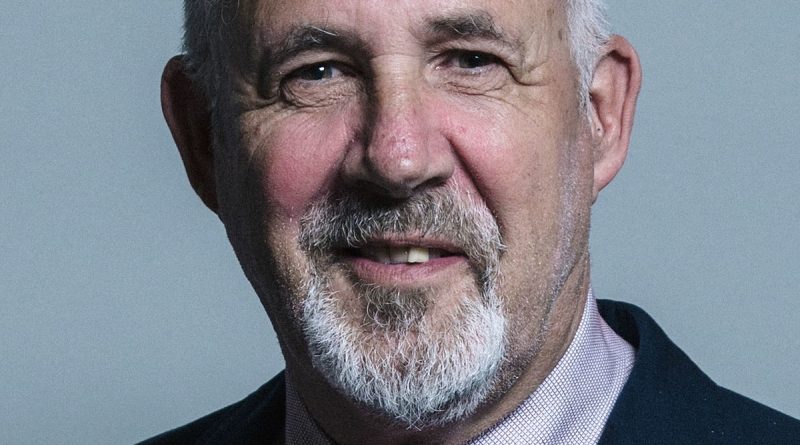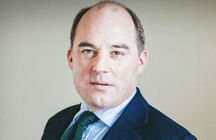Jon Trickett – 2020 Speech on Covid-19
Below is the text of the speech made by Jon Trickett, the Labour MP for Hemsworth, in the House of Commons on 11 May 2020.
It is a pleasure to follow such a powerful speech. I want to make two interconnected points. The first is that in post-industrial communities, such as the mining villages I represent, many former workers suffer from chronic underlying conditions—years of damaged lungs. They and their families are entitled to compensation for these industrial diseases, but the virus attacks older men with pre-existing conditions. If, sadly, tragedy then occurs, it is essential that medics ensure the death certificate records both the virus and the underlying industrial disease. The miners and the workers in similar heavy industries created the wealth of our country—we owe them.
My second point is that covid has revealed how deeply divided our country has been and how damaging austerity was. It is clear that the people upon whom we depend the most, the nation’s heroes, its key workers, are those who suffered the most under austerity, yet they went to work every day, and still do, driven by selfless hard work and dedication, a sense of community and solidarity, and the ethos of care and responsibility. The average key worker is paid less in our country than other employees. I am thinking of the delivery drivers, posties, nurses, shopkeepers, teachers, lab technicians, food retailers, farmers, binmen, carers, police officers, doctors and all those others who have held our society together through this crisis. It is wrong that their incomes were held back, the services that they provide were cut and our social cohesion itself was damaged, leaving us exposed to risk from the pandemic. Yet when the crisis hit, they were there, without hesitation, ready for the challenge that the virus posed, just as the miners, steelworkers and shipbuilders were in another time.
Working-class people emerge as the heroes in this crisis, although they are often poorly paid, with mortality rates among the highest. Let us remember that men in low-skilled jobs are four times more likely to die from the virus than those in professional occupations. People are already talking about finding an exit strategy from the lockdown, and we do need to lift our eyes to the horizon, but it is not acceptable—the Government appeared to envisage this yesterday—to drive poorer people back to work in conditions dictated purely by their employers, perhaps risking their health while their white-collar neighbours in more professional occupations remain at home safe. Workers need to get back to work, but they need unions, working alongside managers, to determine whether the workplace is safe enough before they go back.
After the virus, we need a new economic and social settlement, one that puts health, not wealth, at the centre of our concerns and agrees that there should be no return to austerity. We need a rebuilt NHS, adequate care services, properly funded universal public services, fair wages and an end to grotesque inequality. The efforts of millions of people and the spirits of all those who fell during this crisis serving our country must hang over this House of Commons in quiet reproach for the shameless failures of the past decade. We must respond to their whispered demand for a better way, and we must resolve that their sacrifice will not have been for nothing.



